Search engine optimization is a necessary element of any company’s website marketing strategy. Search engine marketing allows your most promising clients to find you, establishes you as a leader in your industry, and builds lasting value that you can leverage for years to come. As we mentioned in last week’s post, there is a definite wrong way to do search engine optimization. Not only can you fail to rise in the rankings, you can actually get penalized by search giant Google if you use so-called black hat website marketing techniques (see that post for more information on black hat search engine optimization.)
Black hat search engine marketing is an obvious don’t, but there are many more common mistakes that can hurt a company. This week we’ll be looking at the don’ts that can hurt your website marketing and the do’s that can make your search engine optimization a smashing success.
DON’T Confuse Search Engine Optimization And Pay Per Click
Pay per click website marketing has its uses, but it does not contribute to overall search engine optimization. One of the biggest mistakes companies make is to assume that the money they spend on pay per click search engine marketing is being put toward their future search engine optimization goals. In fact, the two are totally separate. When your website marketing funding for pay per click ends, you get no further benefit from it.
DO Use Pay Per Click Alongside Search Engine Optimization
Although pay per click is not a substitute for search engine optimization, it can be a very effective complement. Don’t neglect pay per click website marketing in favor of using organic search engine optimization alone without thinking it through carefully. The cost per click of PPC is generally low enough that it makes sense to be using it.
DON’T Be Cavalier About Your Keyphrase Selection
Selecting keywords is an art, and it’s not one you should be trying yourself. A professional has tools to analyze website marketing keywords, and can help you find a coveted “sweet spot”: a corner of your market with enough traffic to be sustainable, but few enough competing websites to make search engine optimization viable. For more information on keywords, see our previous blog post here.
DO Use Related Keywords
Evidence suggests that using related keywords in addition to your primary keywords is good for overall search engine optimization. You don’t want to optimize for these terms, but you do want to include them as a further indication to Google and the other major players that your company is offering relevant content. For example, if your target keywords are “soccer balls” “cleats” and “jerseys”, you might want to throw in some words like “goal” or “goalie” to drive home the point that your content is strongly about soccer.
DON’T Be Afraid To Get Involved Online
Website marketing is about more than search engine optimization. Search engine marketing requires that other websites be linking back to you, and joining your online community is a great way to nurture those all-important backlinks. This is the kind of involvement that really drives your business into a prime spot as a major industry player and authority. Reach out to people through blogs. Start pages on Facebook and join Twitter. Establish yourself as a personality online, and others will start reaching back to you. This is more than just search engine marketing. It’s an investment in website marketing that will grow to reach every corner of your marketing plans.




